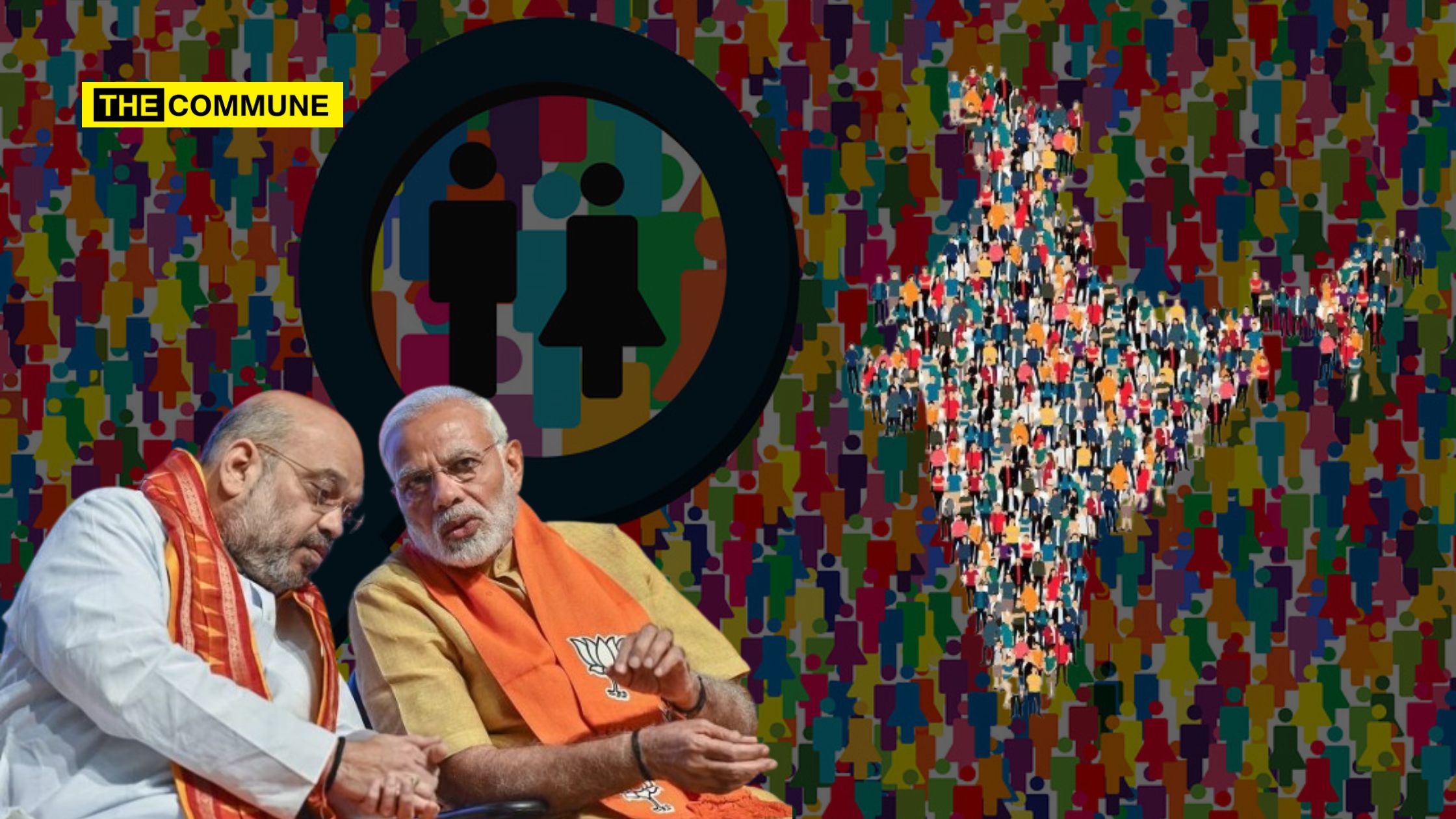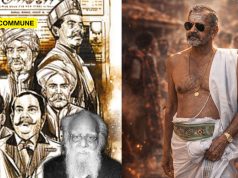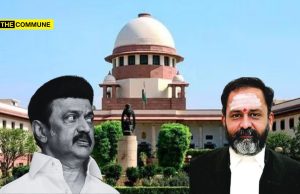
Prime Minister Narendra Modi could consider implementing a nationwide caste reservation system and empowering caste welfare associations to counter the recent electoral setbacks, drawing inspiration from Tamil Nadu’s model. These measures can balance the aspirations of various Hindu communities, defuse fears about the removal of reservations, and prevent future electoral surprises. As the BJP reflects on its unexpected losses, particularly in Uttar Pradesh, these strategies might offer a path to regain momentum and address caste-related challenges in Indian politics.
Election 2024 Results
Prime Minister Narendra Modi received the shocker of his life when the BJP won only 240 seats in the recently concluded Lok Sabha polls. Even the most bearish analysts predicted 270 seats for the BJP in the LS polls, the outcome was worse than the worst-case scenario.
Uttar Pradesh shocked everyone by delivering 43 seats and a 44% vote share to the INDI alliance. The NDA managed to retain the 43.5% vote share from the 2014 Lok Sabha polls. However, last time, the state fetched NDA 71 seats, which fell to 36 seats now. Samajwadi Party, SP, polled 22.5% then and Cong 7.5% in 2014. A SP-Cong alliance has polled 44% now. Mayawati-led BSP polled 19.5% votes in 2014 and 9.3% votes in 2024.
What surprised psephologists was that a party of two social groups – Yadavs and Muslims, i.e., SP—managed to get a big chunk of votes from other castes across the spectrum in alliance with Congress and polling close to 44%. This ability to woo non-Yadav and non-Muslim votes by the Akhilesh-led SP gave Sri Narendra Modi the biggest shock of his life. The aura of invincibility around Modi diminished so much that he managed to win Varanasi by just 1.52 lakh votes against the 4.79 lakh votes margin in 2019.
What Went Wrong In UP?
Feedback sought by the piece’s writers from the ground in UP reveals that a section of OBCs and SCs voted for the INDI alliance because they feared the Modi Government would abolish reservations through constitutional amendment if the NDA were to win 400 seats. As Modi and NDA leaders sought 400 seats, they did not clearly state, “Why should the electorate give them 400 seats?”
INDI alliance cleverly used these lacunae and did extensive ground campaigns highlighting the risks to the reservation system if Modi gets 400 seats. This smartly done campaign fetched them great electoral benefits. Though BJP managed to retain 43.5% thanks to Modi’s hard work and charisma, the SP alliance managed to do the unthinkable by consolidating a section of hitherto rival groups, i.e. Non-Yadav OBCs and SCs, in its favour and getting 44% votes and 43 seats. Modi was outsmarted in his own game of social reengineering for the first time.
Modi and the team have much to introspect in the short and the long run and make course corrections.
Elections 2024 have exposed the limitations of the primary strategy of consolidating Hindu votes.
Caste is a faultline the opposition has exploited quite well and will continue to exploit.
Here’s how Modi-Shah can counter this faultline:
1. Implementing Tamil Nadu Model Of Reservations
Tamil Nadu is one state where caste reservation is well above the 50% mark and is at 69%. 18% is reserved for SCs, 1% for STs, 30% for OBCs and 20% for MBCs. The backward class quota is divided into two- one for OBCs and the other for Most Backward Classes. Modi government can contemplate bringing a constitutional amendment taking the caste reservation nationwide to 80% from the current 59.50%. They could create a new category, Most Backward Classes, and set aside a specific quantum for them.
The government can conduct a caste census by updating data through the Aadhar Database. It will give them an accurate picture of who is where in terms of numbers and allow them to rework the pie.
The rumours about Modi removing reservations will die, and the INDI alliance’s gains will vanish.
One should also note that the communities demanding reservations in various states today are largely the agrarian communities that enjoy the benefits of reservation in Tamil Nadu.
2. Empowering Caste Welfare Associations
Telangana, Karnataka and Andhra Pradesh have created caste welfare associations that get govt funding and take care of welfare activities of the respective castes, like offering coaching for competitive exams to creating hostel facilities to fund new ventures. The government can establish and empower such organisations nation wide. They can collect funds and set up schools and colleges exclusively to take care of their students. If reservation is increased to 80% from the current 59.5%, general category and students from communities that does not benefit from reservations will be affected.
To ensure such students are not left high and dry, such caste welfare organisations can be empowered legally and provided financial support in the initial years to set up institutions to exclusively take care of the needs of their students who are denied a college seat of their choice because of reservation systems. These organisations can be allowed to access CSR funding or can be set up as private bodies. Such institutions have to be given all necessary clearances to start these colleges and schools with no burden of reservations. These institutions can be made self-sustaining from day one leveraging caste as a social capital.
Caste Census
Through the above two innovative measures, Modi can balance the aspirations of the various Hindu castes and communities. Most importantly, these measures will destroy the I.N.D.I alliance’s fear-mongering schemes.
The first step to do this is implementing a caste census!
Once the reservation is increased in line with the caste census and the caste organisations are empowered, the country will not be held to ransom by protests by a select few calling for increased reservations. It is time to press the development accelerator and not let the country be held to ransom by protests and fear-mongering.
And maybe in the future, some of these community associations can even be empowered to have their own community banks—not a fresh idea, but one that is borrowed from the past—an idea that helps leverage social capital.
Caste is here to stay. No one can eradicate it. It is time to start leveraging caste as a positive social capital tool for empowerment and development.
Sab Caste Saath. Sab Caste Vikaas.
Subash is a finance professional and a portfolio manager based out of Chennai.
Vijayanand Venkataraman is a Chartered Financial Analyst.
Subscribe to our Telegram, WhatsApp, and Instagram channels and get the best stories of the day delivered to you personally.




